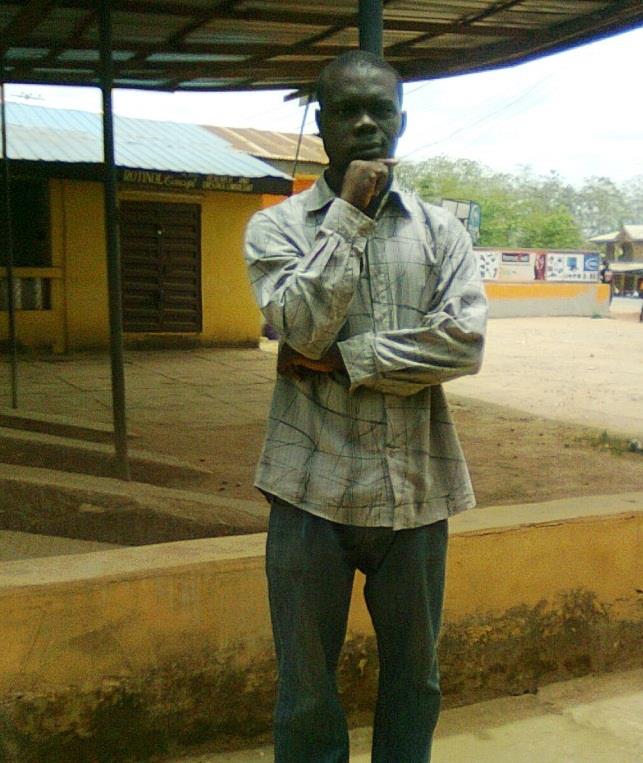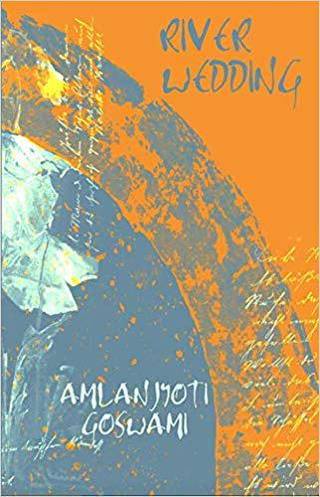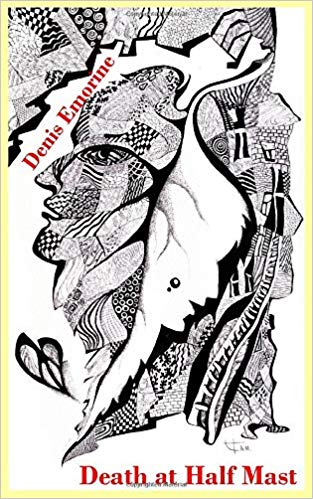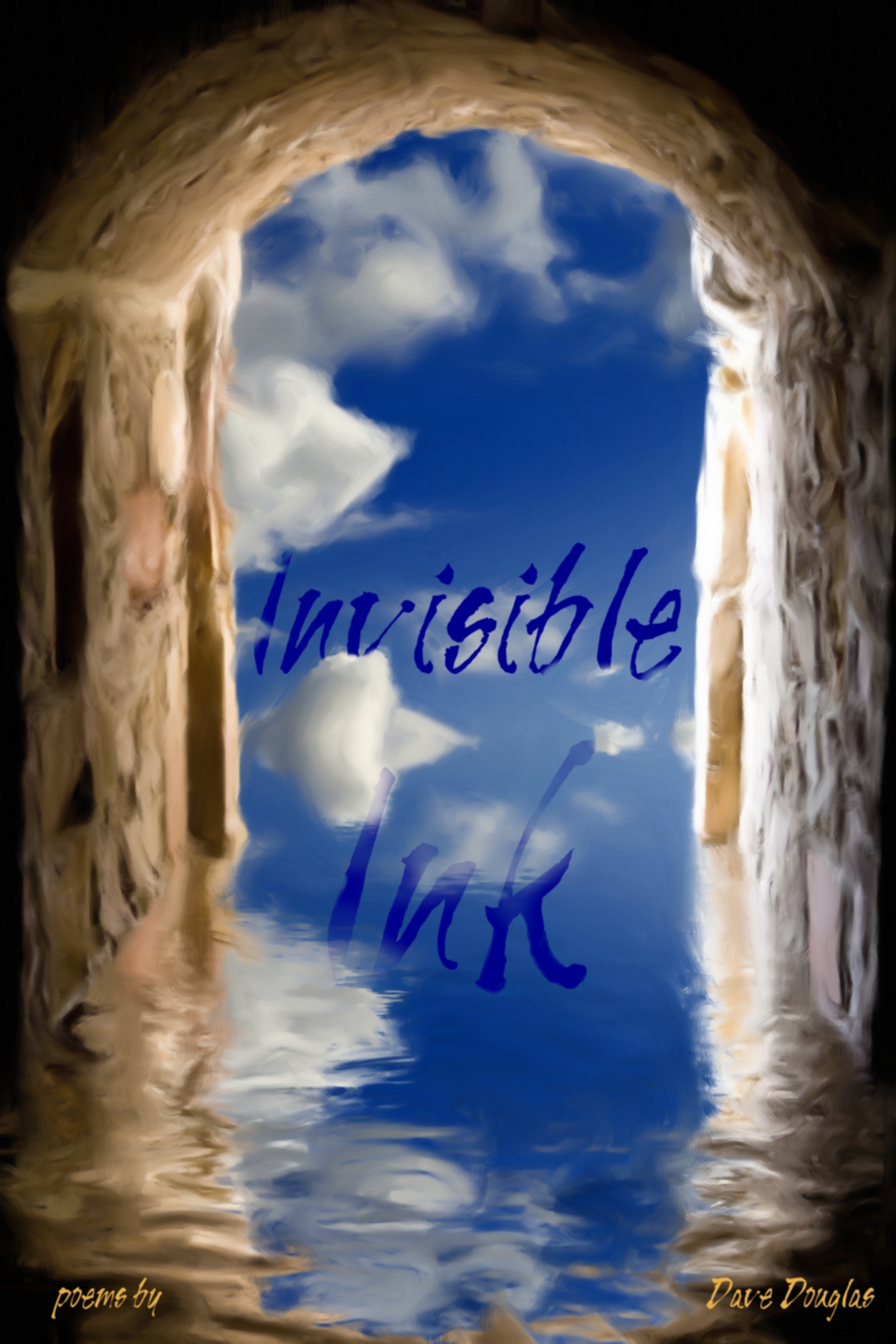This essay is a monthly series on ‘common deceptions people believe about relationships’ from author Chimezie Ihekuna.
Another work from Chimezie, a play entitled ‘The Success Story,’ has been serialized previously in Synchronized Chaos and is now published and available here.

Chimezie Ihekuna
Deception 5
When there is money, it will be safe to get married
In other words, when money is absent, there is no marital safety. Is it? If money is a criterion for marriage, how long do you think you can make it to make possible marriage? Do you want to be the oldest man in the whole world before you get married just because of the need to make available money?
The answers to these questions have unequivocally prompted young men and women into realizing ‘fast money’ using cut corner and illegitimate means. The results are obviously very obnoxious, most of all, a resulting sudden death.
In most cases, this issue is rampant amongst young men who will go at length to see that the much-needed money is made in order to ensure marital safety. Unfortunately, it is just the mirage expression of what it really means.
Imagine a situation where a man lays the foundation of his building on a sandy platform, anticipating it to lift the building’s load equivalent to that of a skyscraper. The building will in no time be in shambles! The analogy is akin to individuals who lay the foundation of their marriage on primarily money in anticipation that it would withstand the ‘loads’ of sexual gratification, effective communication, physical, mental and material satisfaction. As a matter fact, assertions such as” we need money to fulfill our marital desire,” “money is the most important thing in marriage” and so on are used philosophically by men who monetize their marital foundation. By extensive inference, the issue of money has undoubtedly ‘forced’ responsible and prospect-driven women into marrying men who are of a perfectly incompatible character, no thanks to the parochial thoughts and intents of money dynamics. Consider this true life story;
Lizzy, a close-door neighbor of mine, has been married to Andrew for close to a decade. Situations made her confide in me her topmost “top secrets”. One of the secret would have to be unearthed for the world to see. After all, there is nothing hidden under the sun. However, I cease this platform to apologize to you, Lizzy. Please forgive me! In her words, she said: “I got entangled in this inescapable dungeon, marriage because I was pushed into marrying this rich infidel. Granted, he helped finance most of my pursuits in life (academics inclusive), he didn’t have what it takes to be a good husband
Before I met my present husband, I had been in a relationship with my childhood friend, John. Though John wasn’t financially capable to carter for me, he had a good prospect and was sound in all areas of like I could (at the time) recognize. Peers family pressure and impatience on my part made me to settle down with Andrew who was financially more stable. Now, as I speak to you, I’m in the abyss of marital misfortune as he is self-centered, uncaring, and unfaithful and displays a non-chalant altitude towards me. Without any skepticism, I utterly regret why I made this decision” “what a pity” I must say.
At this point, a clarion call has to be made: the earlier we recognize and believe look, me and sinker the fact that money is a used tool for communication instead of the generally constructed implicit communication master, the better our relationships would be. Tell me, how can someone who has nurtured to be a servant all his life suddenly become a master? This was the intended functions money; a good servant or communication tool. Else, it would be an ugly master, if given topmost priority.
Paper money was introduced to the world in 1919. Economists have asserted that the most outstanding quality of money is that it is a means, the term MONEY simply Means (or Medium) Of (inter) National Exchange (for) yields simply, money is a medium of local international exchange for other goods and services, gains. You can see the reason money was primary designed.
“What should be the correction of this deception “? A clever question! It would be an answered by you through the clue-like questions. “What would make you sell your most prized possessions to raise funds to resuscitate your dying mother at the hospital? What would make an individual take the place of his friend at the time of death? What would make a woman abandon her family of a well-to-do background and settle for a man who can barely eke a living?” The answers are just one …
It is a virtue which must be bedrock for any successful marriage. Precisely, it is the foundation which can withstand the ‘forceful burdens’ of marital setbacks and make concrete the convenience of marriage. Similar to a man who laid his foundation on a rocky platform; it is the worth that would ensure an Enduring blissful and beneficial marriage, if embraced. Can a man-made creation such as money be the bedrock of an eternity-in-life marriage? If yes, what happens if a setback such as financial downturn emerges? Obviously, the ‘virtue’, a God-defined name, is an eternity-based recognition, serving as bedrock to a life-long marriage. After all, you cannot lay the foundation of a bungalow building anticipating it to withstand a load tantamount to a skyscraper.
Money can run errands but lacks the verity to send errand .this should be the simple view point of people. In a marriage, the transient nature of money makes it a flop-noticed master when prioritized. Put simply, it can never be a good foundation. However, it should be seen as the communicative tool or arguably a faithful servant that (with proper instruction) will run the errands and successful marriage. On the other hand, the virtue should be viewed as on the concrete foundation which is a commensurate to eternity-on-earth marriage. It is to be reckon with in terms of its ability to withstand marital challenges through painstaking sacrifices. What is that ‘virtue’? A question you may want to ask. The very answer is true love;
It does not mean that money is not essential for marriage rather, it is a communicative tool or with proper sagacity, a faithful servant of True love. Realistically, it is the foundation of all long lasting marriage that have ever existed in the world from the medieval to our contemporary era.
Therefore, true love should precede money. After all, who is the servant without his master and how can a master not need the service of his servant for errands to be sent, carrying out instructions and so on? With true love on your side, the mutual co-operation between you and your spouse will birth an idea that will produce immense wealth and make the marriage interesting. Hence, it is right saying: “with true love it will save to get married”
About Chimezie Ihekuna:
Following the words of the great Greek philosopher, Socrates, ‘Employ your time by improving with other men’s writings so that you can gain easily what others labored hard for’, Mr. Ben, as he is fondly called, published author, essayist, poet, speaker and voice-over artiste is poised to impact humanity in all spheres of life and human recognition. With his knowledge zenith, he is willing to disseminate valued and ageless information to all interested persons, groups and organizations-what he toiled to gain over the years.
To depict this feat, he has written over twenty breath-taking masterpieces that cut across almost very literary category to help improve the cause, shape and existence of humanity; sexuality, business anecdotes, science, home affairs, marriage, relationships, friendship, self-help, gender issues, life matters, motivational and inspirational interests, educational/academic matters and many more…He is still counting! To his credit, he has written over forty timeless articles on the various literary categories; showcased on www.ezinearticles.com, www.articlebase.com, www.searchwarp.com, www.triond.com and other affiliate sites.
His amazing writing skills, novel concepts, creative works and avid reading and communication skills have earned him a recognized membership with the following international affiliations; www.christianwriters.com, www.associationofaspiringauthors.com, www.writerface.com and other known writers’ organizations. No doubt, he is not only a writer with a difference but also an entrepreneur, investor and a philanthropist whose slogan reads ‘service to God and humanity are paramount’.
Based in Lagos, Nigeria, Ben currently runs an E-retail outfit known as Hub Of All Enterprises (www.mybookpublications.wordpress.com). He loves reading, communicating, meeting people, writing, listening to music and singing, watching classic movies and playing football.








